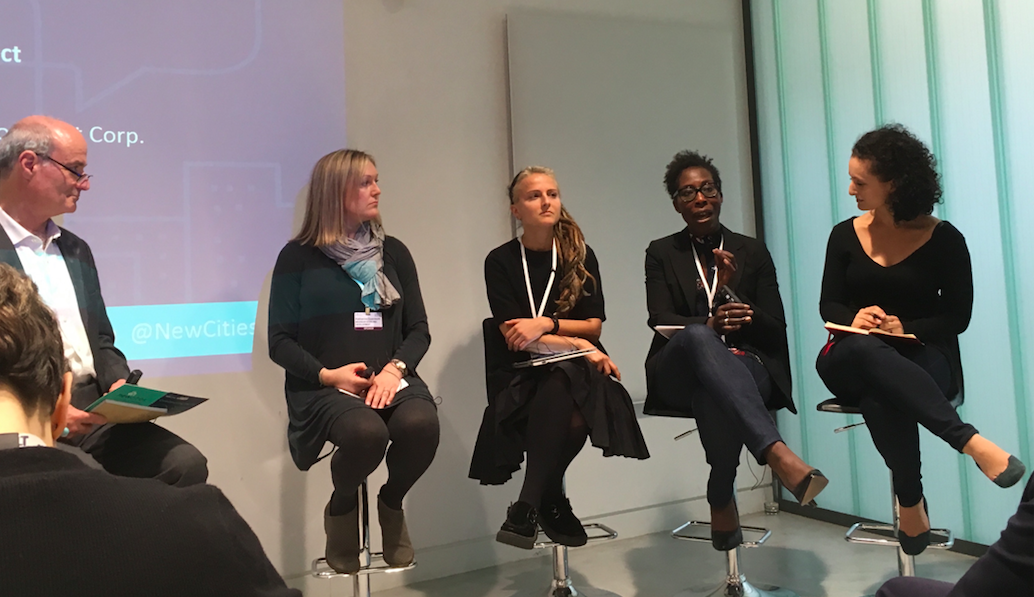
Photo: Screen-Shot-2018-04-25-at-15.15.02
Crowdsourcing poses democratic challenge for cities
25 April 2018
by Jack Aldane
Crowdsourcing platforms used to launch social impact projects must do more to represent urban communities, speakers at Crowdsourcing the City said in London this week.
Several participants at the conference told Cities Today that while crowdsourcing can empower citizens to skirt state bureaucracy through online participation in social projects, too many are shaped by vested interests and are often left open to interference by cyber-hackers.
Christopher Cabaldon, Mayor of West Sacramento in California, said that cosmopolitan cities in particular face a democratic challenge where crowdsourcing effects change that does not represent the indigenous community, a problem which he said opens up questions about what constitutes citizenship in a municipal space.
“It used to be that where you slept was a pretty good proxy for all other things: where you’re invested, where you work, where you play. That’s not true in more complicated cosmopolitan regions,” he said.
Cabaldon does not believe that crowdsourcing is inherently undemocratic, although he thinks any expectation that it will usher in “a new form of democracy” to civic life remains “way premature”. He added that crowdsourcing efforts currently presuppose the individual to command local governments to act, and that this ignores collective involvement from which more utilitarian policies may emerge.
“With crowdsourcing, we don’t yet have a set of guiding principles or guardrails which describe what participation really means. Government at least allows for a social compact whereby not all of us get what we want all of the time, so that together, we get what we need at a higher level,” he added.
“There can be the feeling of hedonism and narcissism that governments should be on call to do my bidding at any moment.”
One crowdsourcing platform featured at the event was YourPriorities, which was launched in 2011 to allow the citizens of Reykjavik to debate civic issues. Robert Bjarnason, co-founder of the Citizens Foundations behind the online tool, said citizens use YourPriorities to debate local government policy and to vote online. Reykjavik, Iceland’s capital and largest city, has a migrant population of 8.9 percent and around 100,000 registered voters. The platform is open to all urban residents, and has received 64,000 visits in the past 12 months, according to Bjarnason.
“Having enough participation, as with any democratic process, makes a project credible,” Bjarnason said.
Bjarnason said different projects on the site attract different demographics, though added that diversity of participation is as important to crowdsourcing for social impact as an effort to ensure the common good among overall populations. He also said any platform that enables open citizen debate must ensure cybersecurity as a priority.
“Even if you’re making decisions about improvements to public spaces in your neighbourhood, we don’t want to find out later that another country decided the fate of those things,” he said.
Maria Adebowale-Schwarte, a strategist at urban space think tank Living Space Project, believes having a representative group of people involved from the beginning can lower the risk of biases affecting the development of social impact goals. She said projects often fail to address the needs of a community by building social agendas around a limited set of target groups.
“If you’re speaking to the same tribe as yourself, you just tend to amplify and all agree,” she said. “What you really need is to get people in the room saying different things and making you think, and even feel agitated. That way you get some innovation.”








